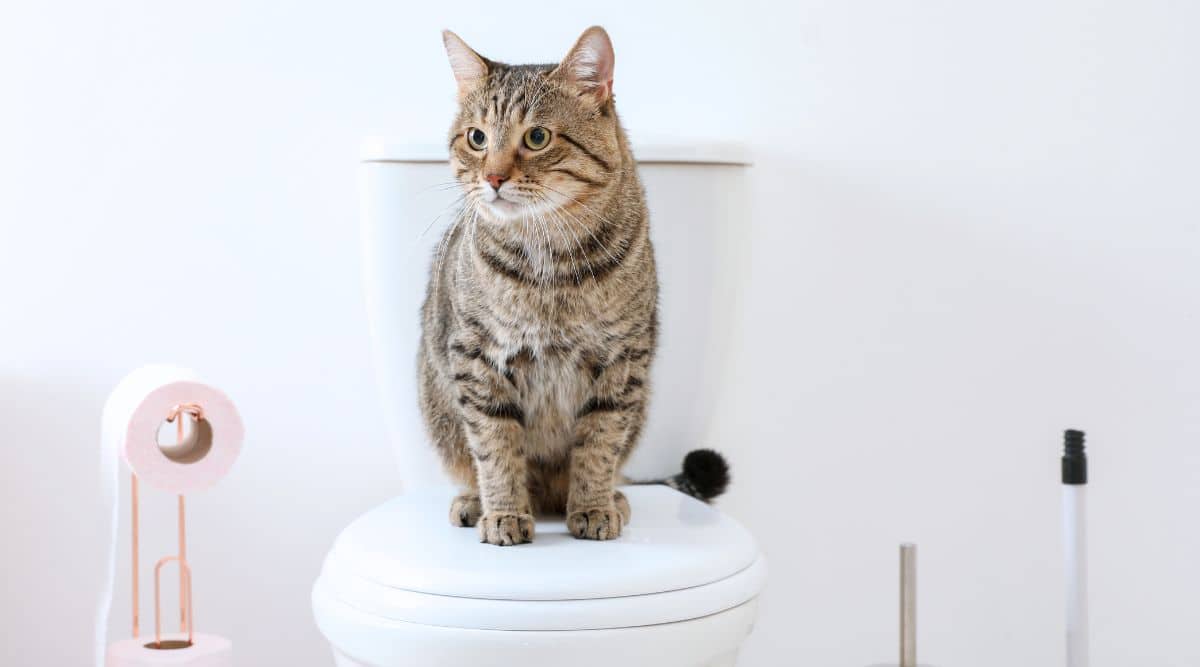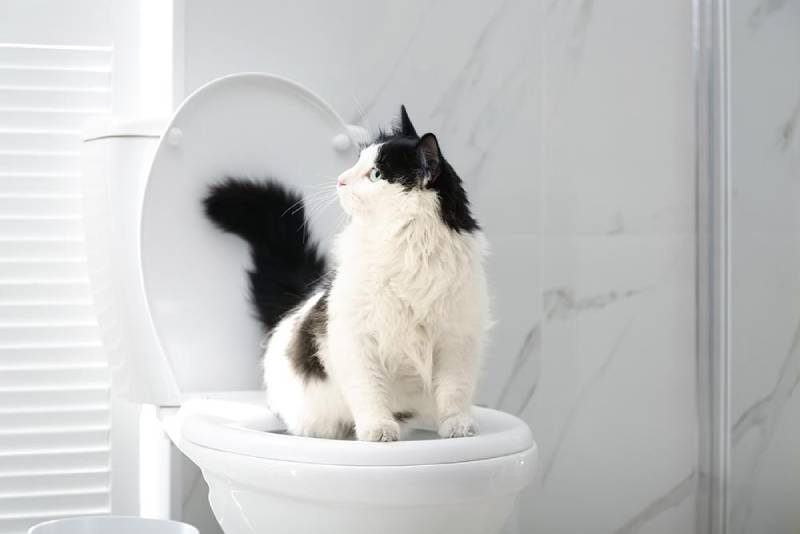Discovering the Hazards of Flushing Animal Waste Down the Toilet
Discovering the Hazards of Flushing Animal Waste Down the Toilet
Blog Article
Have you been trying to locate facts concerning 4 Reasons Why Dog Poop Cleanup is Important?

When it pertains to getting rid of waste, especially animal waste, many people typically turn to the practical alternative of flushing it down the bathroom. Nonetheless, this apparently very easy remedy can have major repercussions for the setting and public health. In this article, we'll check out why flushing pet waste down the commode is a bad idea and provide alternative techniques for appropriate disposal.
Introduction
Correct waste disposal is critical for keeping ecological sustainability and public health. While it might appear harmless to purge animal waste down the bathroom, it can lead to various issues, both for the environment and human wellness.
Dangers of flushing animal waste
Environmental influence
Flushing pet waste introduces harmful germs and pathogens right into rivers, which can negatively impact marine communities. These virus can contaminate water sources and damage marine life, interfering with fragile environments.
Public health worries
Pet waste consists of dangerous germs such as E. coli and Salmonella, which can posture major health threats to human beings. Purging animal waste down the bathroom can infect water supplies, leading to the spread of conditions and infections.
Alternatives to flushing
Rather than flushing pet waste down the commode, there are several different disposal techniques that are much more environmentally friendly and sanitary.
Composting
Composting animal waste is a green method to take care of it. By composting, raw material is broken down right into nutrient-rich soil, which can be utilized to feed gardens and plants.
Garbage dump disposal
Disposing of animal waste in a garbage dump is another alternative. While not as eco-friendly as composting, it is a safer option to flushing, as it protects against the contamination of water sources.
Pet garbage disposal systems
There are specific animal garbage disposal systems available that safely and hygienically deal with pet waste. These systems frequently utilize enzymes to break down waste and eliminate smells.
Steps to correct animal garbage disposal
To make sure appropriate disposal of pet waste, comply with these steps:
Scooping and getting waste
Regularly scoop and bag pet waste using eco-friendly bags. This avoids waste from infecting the atmosphere.
Making use of assigned waste bins
Dispose of bagged pet waste in marked waste bins, such as compost containers or garbage dump containers. Stay clear of flushing it down the toilet in all costs.
Cleaning up litter boxes and pet dog locations regularly
On a regular basis clean litter boxes and animal areas to stop the buildup of waste and microorganisms. Use pet-safe cleaning items to keep health.
Benefits of appropriate disposal techniques
Adopting appropriate disposal techniques for animal waste provides several benefits:
Decreased environmental pollution
Correct disposal approaches minimize the danger of environmental pollution, shielding waterways and ecosystems from contamination
Reduced danger of water contamination.
By avoiding flushing pet waste down the commode, the threat of water contamination is considerably reduced, securing public health.
Boosted hygiene and health
Appropriate disposal techniques advertise far better hygiene and health, developing a safer atmosphere for both humans and pets.
Verdict
To conclude, flushing pet waste down the bathroom is hazardous to the setting and public health. By taking on different disposal methods and adhering to appropriate waste administration practices, we can lessen the unfavorable effect of pet waste and add to a cleaner, much healthier earth.
What To Do With Dog Poo – The Do's And Don'ts Of Disposing Of Faeces
Dog poo bins
Some councils provide dedicated dog waste bins in popular dog-walking areas that can take dog poo that has been bagged but you can legally dispose of dog waste in any public litter bin, as long as it is securely bagged. This also applies to your wheelie bin at home.
Do not flush
Water companies do not recommend flushing dog faeces down the toilet because certain parasites can survive the water processing treatment and are potentially harmful to humans. You should also never consider flushing dog poo that has been bagged down the toilet as the bags will not break down and instead create severe blockages in the sewage system.
In the woods
The Forestry Commission promotes a ‘stick and flick’ method for dealing with waste in the woods. This means finding a stick and using it to flick any poo from off the path so that it is out of the way of other walkers. You could also bury it as long as it is not in an area where there might be livestock.
Livestock
Parasites found in dog poo can be transmitted to livestock if they inadvertently eat infected faeces that has been left on grazing land. This could result in the death of sheep or abortion in cattle so you should always make sure you pick up your dog’s waste in fields where livestock could be present.

On a regular basis clean litter boxes and animal areas to stop the buildup of waste and microorganisms. Use pet-safe cleaning items to keep health.
Benefits of appropriate disposal techniques
Adopting appropriate disposal techniques for animal waste provides several benefits:
Decreased environmental pollution
Correct disposal approaches minimize the danger of environmental pollution, shielding waterways and ecosystems from contamination
Reduced danger of water contamination.
By avoiding flushing pet waste down the commode, the threat of water contamination is considerably reduced, securing public health.
Boosted hygiene and health
Appropriate disposal techniques advertise far better hygiene and health, developing a safer atmosphere for both humans and pets.
Verdict
To conclude, flushing pet waste down the bathroom is hazardous to the setting and public health. By taking on different disposal methods and adhering to appropriate waste administration practices, we can lessen the unfavorable effect of pet waste and add to a cleaner, much healthier earth.
What To Do With Dog Poo – The Do's And Don'ts Of Disposing Of Faeces
Dog poo bins
Some councils provide dedicated dog waste bins in popular dog-walking areas that can take dog poo that has been bagged but you can legally dispose of dog waste in any public litter bin, as long as it is securely bagged. This also applies to your wheelie bin at home.
Do not flush
Water companies do not recommend flushing dog faeces down the toilet because certain parasites can survive the water processing treatment and are potentially harmful to humans. You should also never consider flushing dog poo that has been bagged down the toilet as the bags will not break down and instead create severe blockages in the sewage system.
In the woods
The Forestry Commission promotes a ‘stick and flick’ method for dealing with waste in the woods. This means finding a stick and using it to flick any poo from off the path so that it is out of the way of other walkers. You could also bury it as long as it is not in an area where there might be livestock.
Livestock
Parasites found in dog poo can be transmitted to livestock if they inadvertently eat infected faeces that has been left on grazing land. This could result in the death of sheep or abortion in cattle so you should always make sure you pick up your dog’s waste in fields where livestock could be present.

I was made aware of that article about 4 Reasons Why Dog Poop Cleanup is Important from an associate on another blog. Are you aware of somebody who is fascinated about the topic? Do not hesitate to promote it. Thanks for your time spent reading it.
Request Your Service Report this page